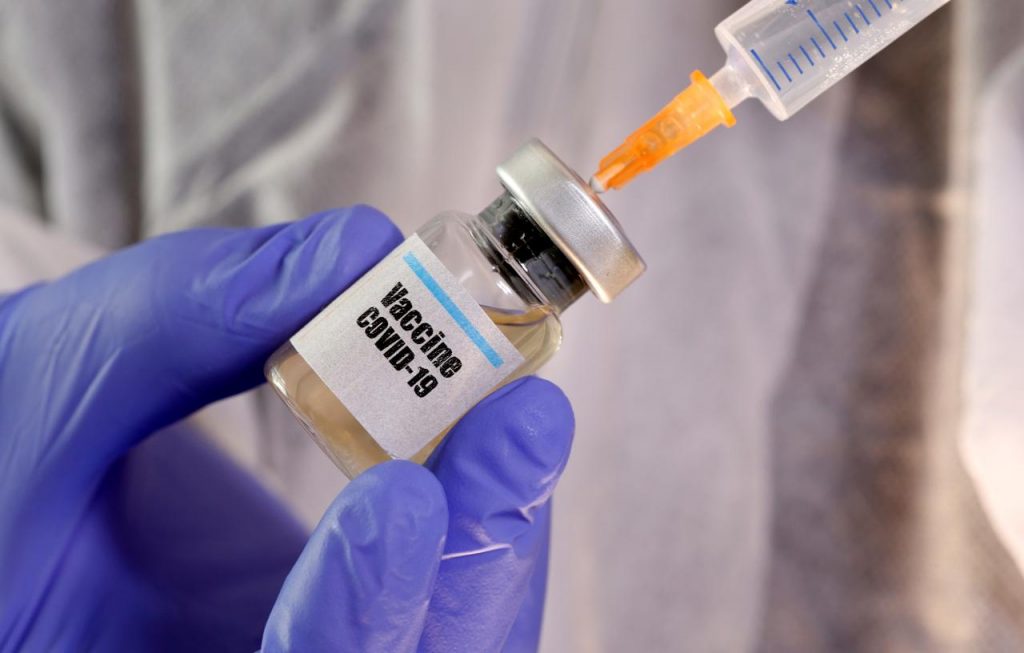BOSTON, September 8, 2020—Fenway Health announces today that it will participate in the Phase 3 clinical trial testing the efficacy of a vaccine developed by Oxford University and licensed to the pharmaceutical company, AstraZeneca to evaluate if the vaccine can prevent symptomatic COVID-19.
In July, the medical journal The Lancet reported that the vaccine, known as AZD1222, generated an immune response to the SARS-CoV-2 virus in a study of 1,077 participants, warranting further large-scale evaluation. The study is being conducted at multiple sites, including those which are part of the COVID-19 Prevention Network, the National Institutes of Health’s accelerated program to test promising vaccines against the SARS-CoV-2 virus.
Up to 50,000 participants globally are being recruited to participate in the study, with 30,000 based in the United States at one of 80 clinical trial sites. Fenway Health and other trial sites are recruiting adults aged 18 years or over from diverse racial, ethnic and geographic groups who are healthy or have stable underlying medical conditions, including those living with HIV, and who are at increased risk of infection from the SARS-CoV-2 virus. The vaccine trial will be randomized, double-blind, and placebo-controlled. Fenway Health is one of seven trial sites in New England.
Fenway Health’s vaccine trial experience goes back more than 25 years, when the organization enrolled the first participants in anti-HIV vaccine trials funded by the National Institutes of Health. Since then, Fenway Health has run more than a dozen vaccine trials, recruiting participants from all risk groups.
“We’re honored to have been asked to participate in the COVID-19 Prevention Network’s efforts to curtail the COVID-19 pandemic,” said Kenneth H. Mayer, M.D., Medical Research Director, Fenway Health and Co-Director, The Fenway Institute. “We have a clinical trials research infrastructure in place that includes a cadre of experienced clinical research staff, an independent ethics review board, and a dedicated community engagement team. Because of the systems we have in place, and which have been developed and refined over nearly three decades, we’ve been able to get this up and running quickly.”
Fenway Health’s recruitment efforts will focus on ensuring that Black and Latinx people are proportionately represented in the clinical trial, as these groups have experienced disproportionately higher rates of SARS-CoV-2 infections and fatalities than other racial and ethnic groups.
“Black and Latinx people in America are nearly three times more likely to become infected with COVID-19 and Black people are two times more likely to die from the disease than white people,” said Adrianna Boulin, Community Engagement Manager at The Fenway Institute. “We will not be able to understand the effectiveness of the vaccine in Black and Latinx communities without their participation.”
Boulin noted that it has been historically difficult to enroll Black and Latinx people in clinical trials.
“There is widespread distrust of the health care system among many Black and Latinx US residents and it rests on a well-founded fear of how they or their families might be impacted by structural racism,” Boulin said. “Fenway Health has long acknowledged these inequities and is committed to ending them, in part, by ensuring that Black and Latinx communities are represented in COVID-19 vaccine research.”
The COVID-19 Prevention Network was formed by the National Institute of Allergy and Infectious Diseases at the US National Institutes of Health to respond to the global pandemic. The COVID-19 Prevention Network is comprised of the HIV Vaccine Trials Network, HIV Prevention Trials Network, AIDS Clinical Trials Group, and Infectious Disease Clinical Research Consortium. Through the COVID-19 Prevention Network, the National Institute of Allergy and Infectious Diseases is leveraging the infectious disease and community engagement expertise of its existing research networks and global partners to address the pressing need for vaccines and antibodies against the SARS-CoV-2 virus.
To learn more about this study and see if you are eligible to participate, please email us at [email protected], call us at 617.927.6450, or visit www.coronaviruspreventionnetwork.org.


